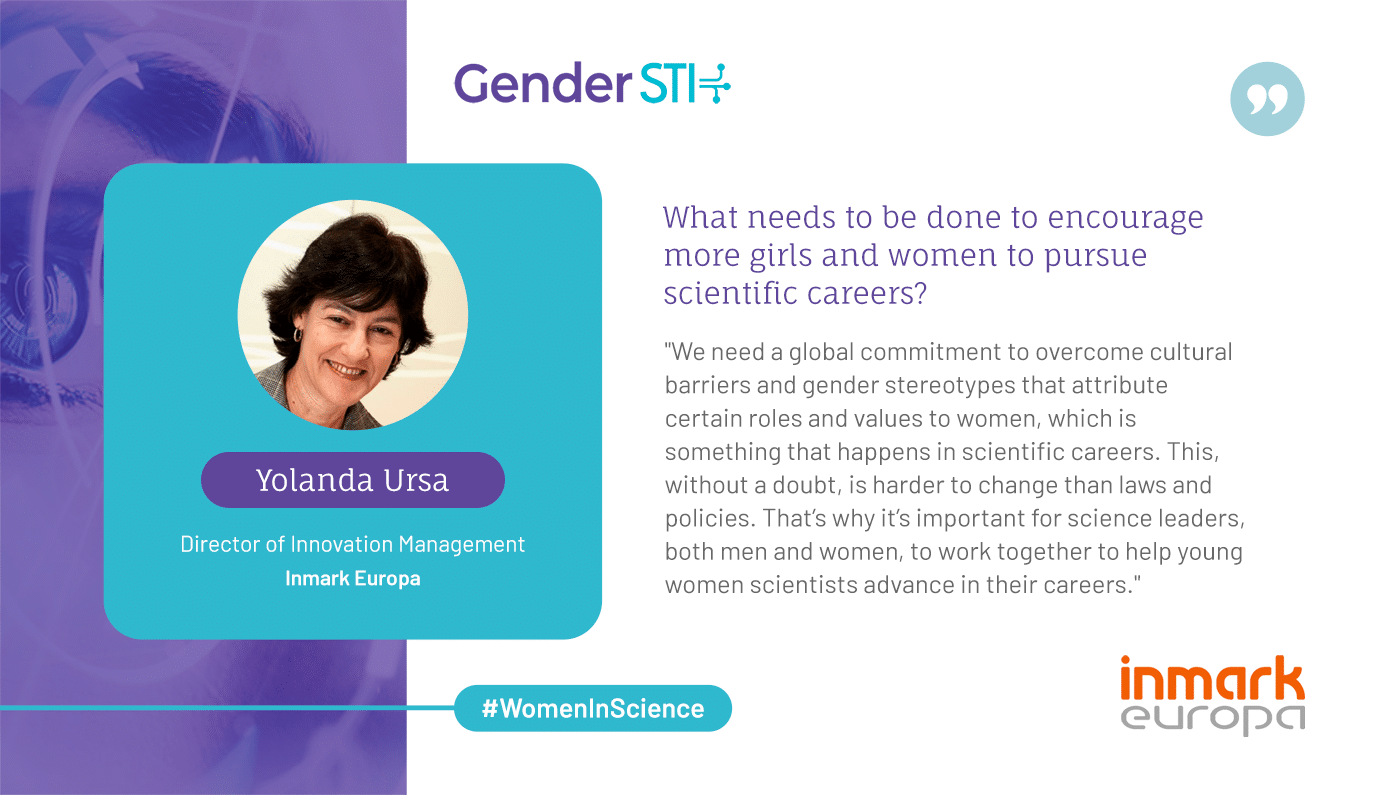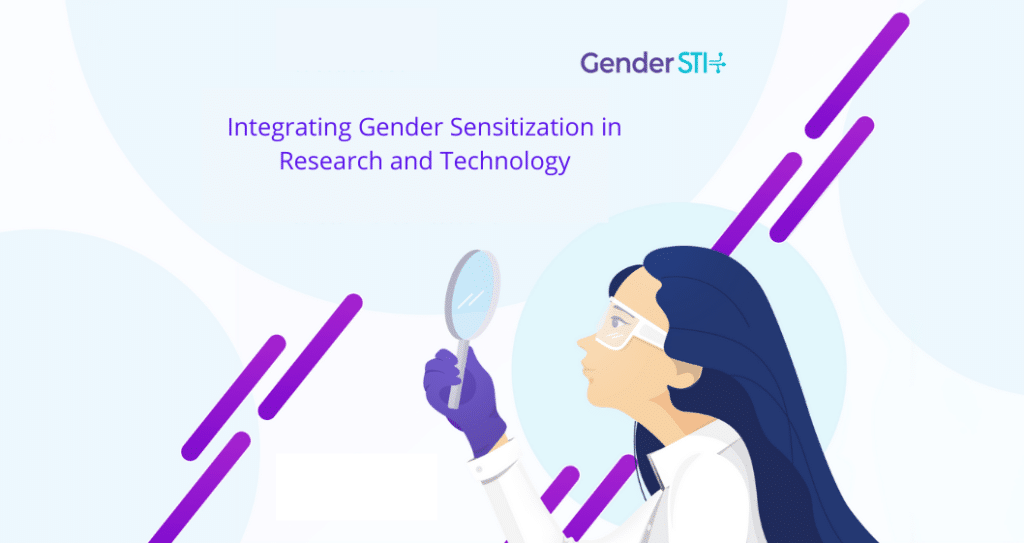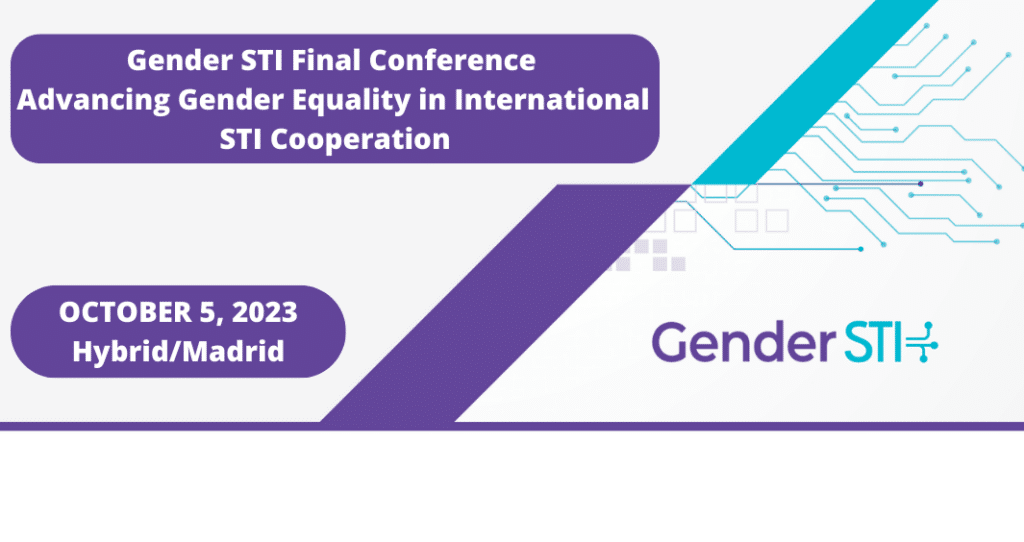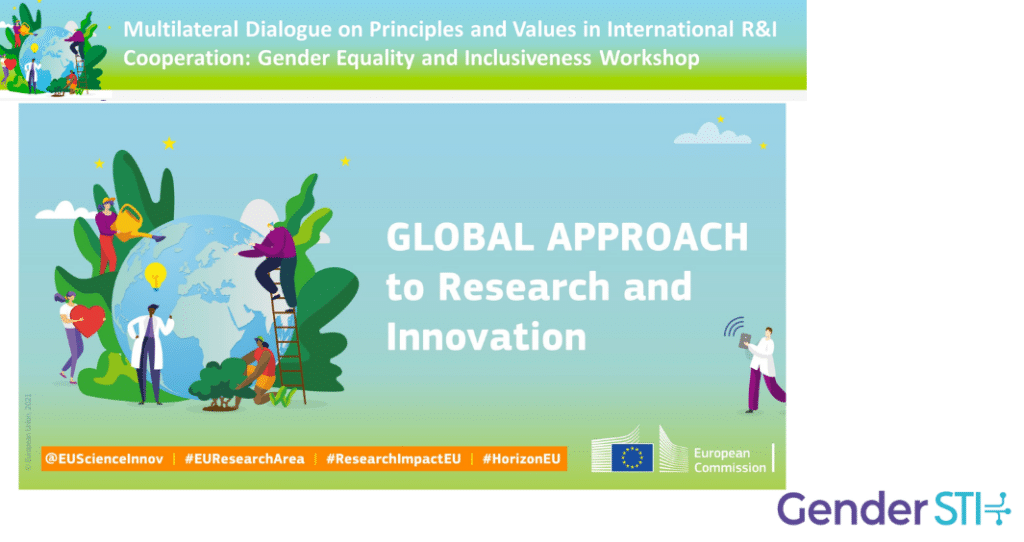Today, the world celebrates the International Day of Women and Girls in Science, which aims to promote full and equal access to and participation in science for women and girls. As part of this effort, Gender STI has launched its own #WomenInScience campaign. We talked to researchers and experts, both men and women, about why they got involved in science, what they think about current statistics on women researchers and what they think needs to be done to encourage more women and girls to pursue scientific careers.
It’s important to point out that behind every woman scientist there are people offering support and fighting to clear their paths to success. One of these women is Yolanda Ursa, director of innovation management at Inmark Europa and scientific coordinator at Gender STI, who is committed to breaking gender barriers and helping young women scientists advance in their careers.
What is your job position and why did you decide to work in science, technology and innovation? What does your job entail?
I’m the director of innovation management at Inmark Europa. Our team has been developing projects related to science, technology and innovation on a European and international level for more than 25 years. I’ve participated in more than 30 research and innovation projects financed by different European Commission programs, which has allowed me to carry out work I truly feel passionate about. I’ve coordinated numerous international teams of researchers, companies, public sector representatives and civil society. Contributing to improve public-private partnerships to look for solutions to global challenges has always motivated me to work in science, technology and innovation.
This work involves a strong commitment to diversity and gender equality. One recent example of this commitment is the Gender STI project, which analyzes gender equality in science, technology and innovation in bilateral and multilateral dialogues between Europe and third countries. The project brings together a multidisciplinary team of scientists and innovators from Europe (Spain, Finland, Portugal, Austria, France and Italy) and third countries (Canada, the U.S., Mexico, Brazil, Chile, Argentina, South Africa, India, South Korea and China). Collaborating with this many countries is essential to advancing gender equality from different perspectives.
According to the United Nations, currently less than 30% of researchers worldwide are women. What do you think about that?
The percentage of women researchers is certainly very low, and despite the advances made in recent years, women are still not adequately represented in science. But the most worrying aspect is that as we move up the academic ladder, women are less represented. For instance, in the European Union, women represent about 20% of the members of academic committees (data from the European Commission’s “She Figures 2018” report). This demonstrates that gender inequality in science is not very different from what we see in companies and society in general.
What would you tell young girls and women who are interested in pursuing a career in science?
I would encourage all women and especially girls to pursue their dreams. I would tell them to never give up. Trust in your capabilities and take advantage of every opportunity to be what you want to be in your career, such as deciding to pursue science.
What do you think needs to be done to encourage more girls and women to pursue scientific careers?
We need a global commitment to overcome cultural barriers and gender stereotypes that attribute certain roles and values to women, which is something that happens in scientific careers. This, without a doubt, is harder to change than laws and policies. That’s why it’s important for science leaders, both men and women, to work together to help young women scientists advance in their careers.
What message would you send to the public on the International Day of Women and Girls in Science?
Covid-19 has sensitized the general public on the relevant role of science in the fight against the pandemic and of the need to invest in science, technology and innovation, not only to guarantee our health but also for economic and social progress. The message to commemorate the International Day of Women and Girls in Science is that we should support and recognize the role of women in all sectors related to science, including the creation of vaccines against covid-19. This example will encourage girls to study subjects related to science, technology, engineering and mathematics (STEM).



